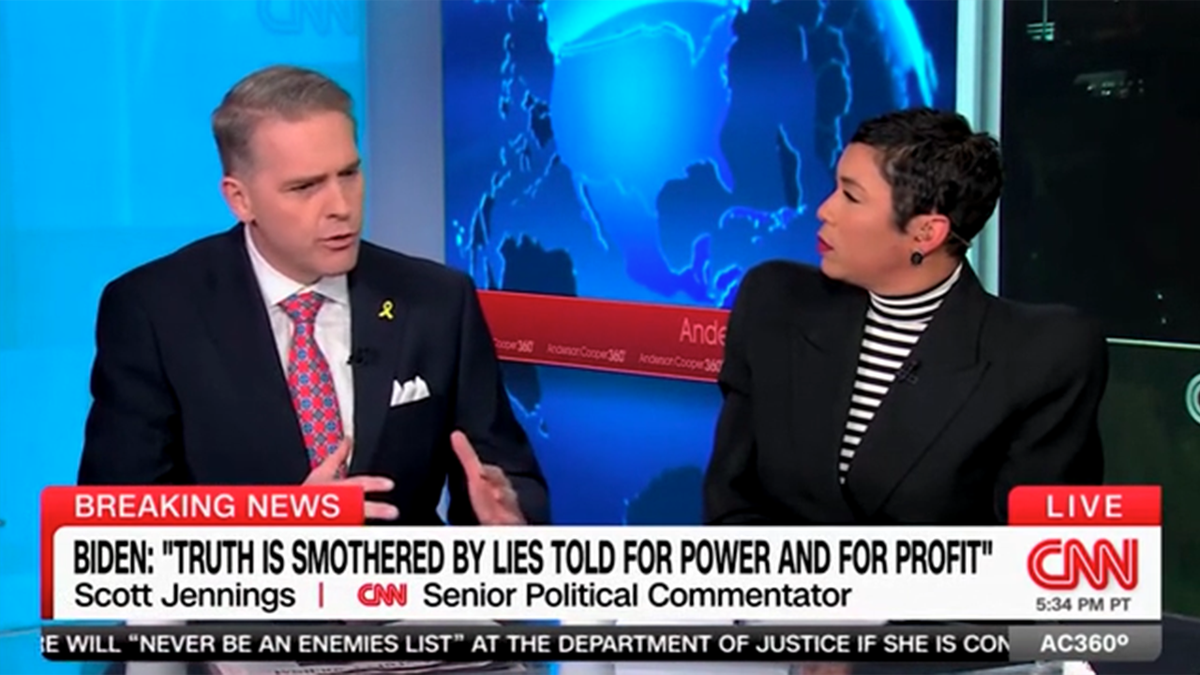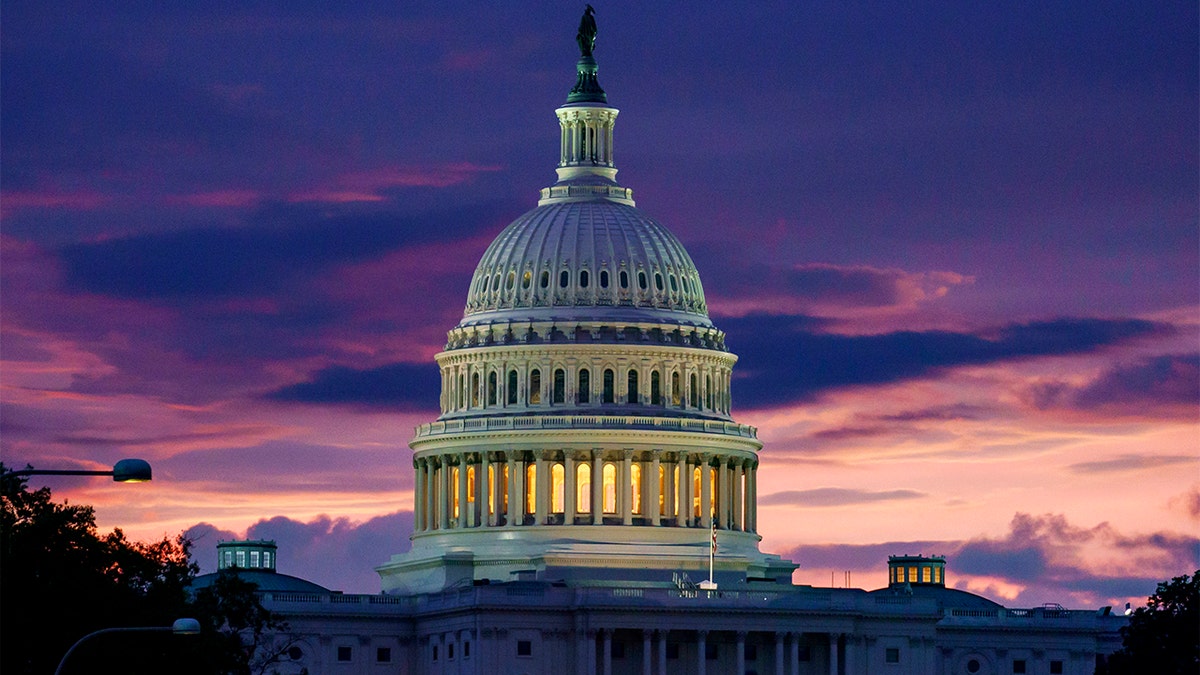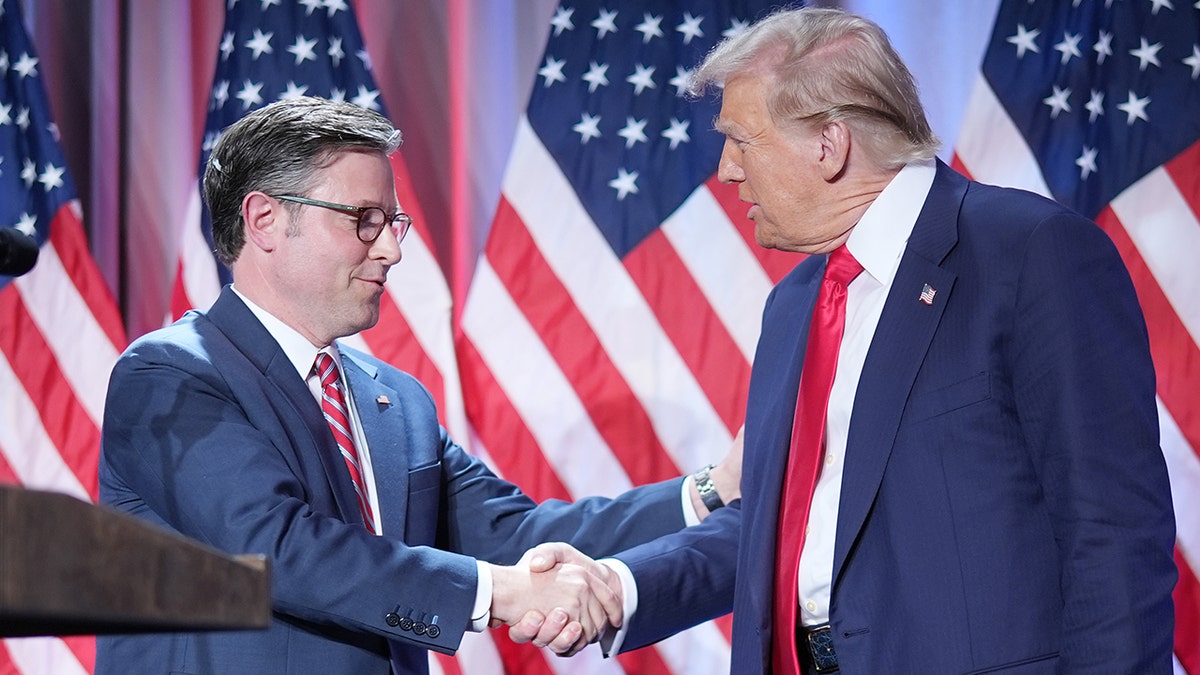Meta's recent decision to discontinue its fact-checking program has ignited a firestorm of reactions, particularly from media figures. CEO Mark Zuckerberg announced the change in a video message, emphasizing a renewed commitment to free speech and acknowledging past pressures from the Biden administration regarding content moderation. He stated that the third-party fact-checkers, implemented after the 2016 election, had become overly politicized and eroded trust.
Zuckerberg also indicated that Meta would revise its content moderation policies on sensitive issues like immigration and gender, deeming current rules excessively restrictive. This move has drawn praise from conservatives while facing criticism from those on the left. Some commentators expressed concern over the potential implications for the spread of misinformation, while others viewed it as a positive step towards unfettered online expression.
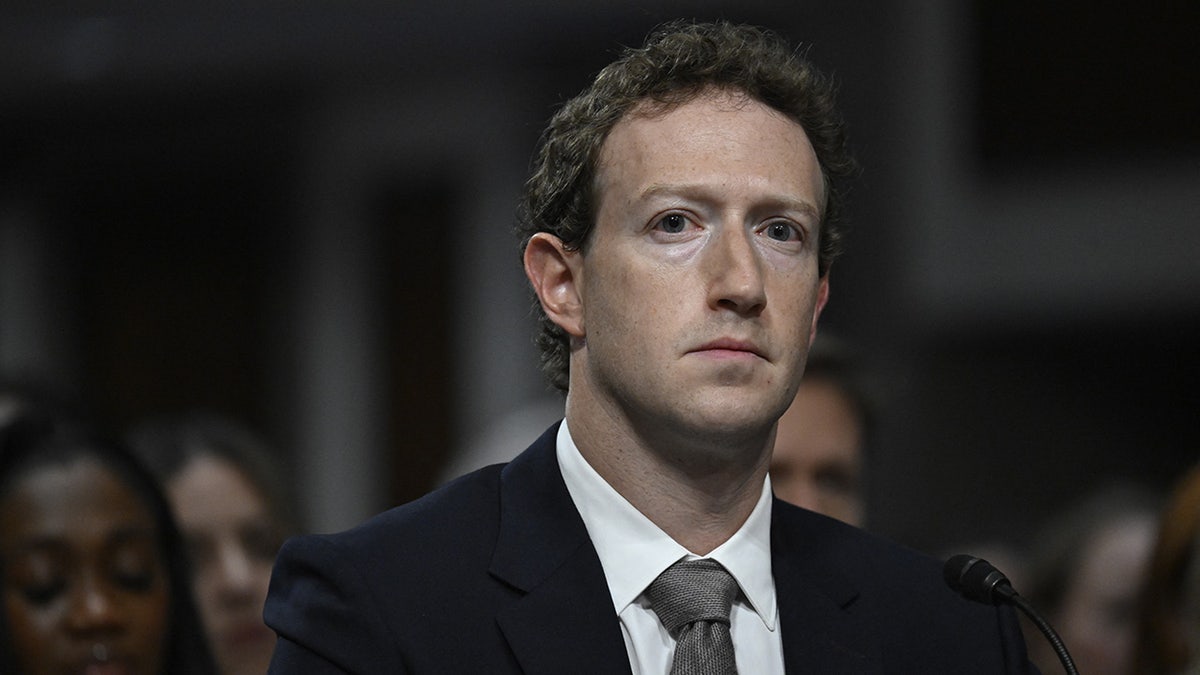
Mark Zuckerberg, CEO of Meta, testifying before the US Senate Judiciary Committee. (ANDREW CABALLERO-REYNOLDS/AFP via Getty Images)
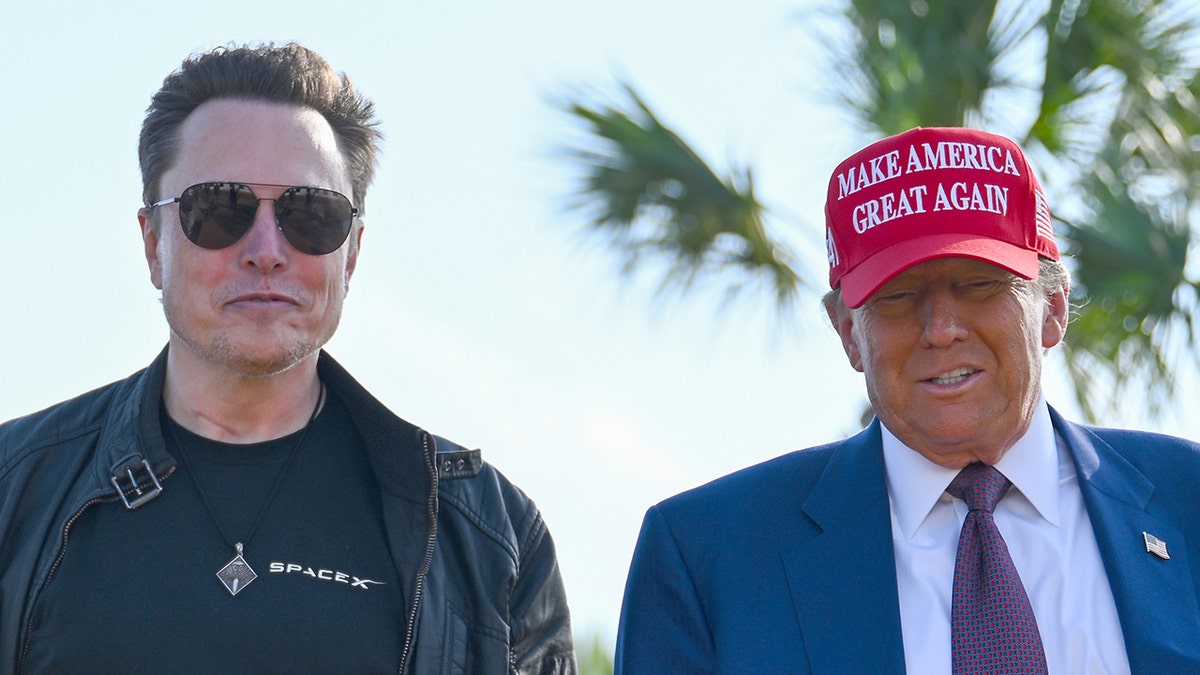
Donald Trump greets Elon Musk at a SpaceX event. (Brandon Bell/Getty Images)
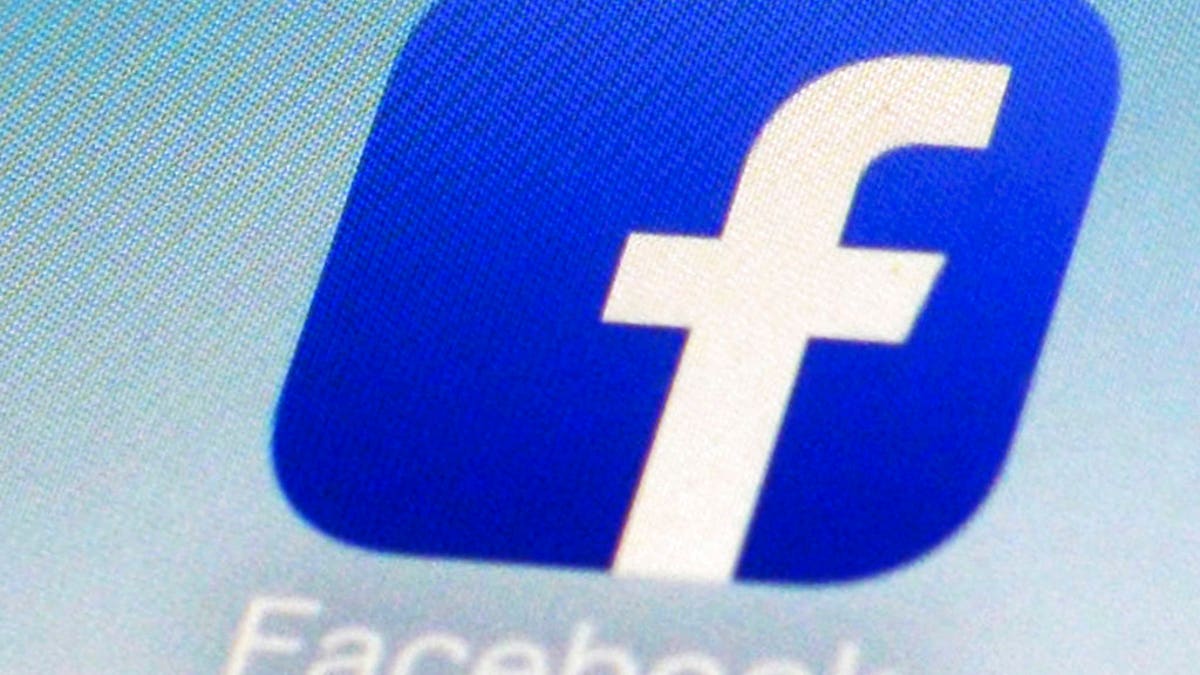
Image related to PolitiFact and fact-checking. (AP Photo/Patrick Sison, File)
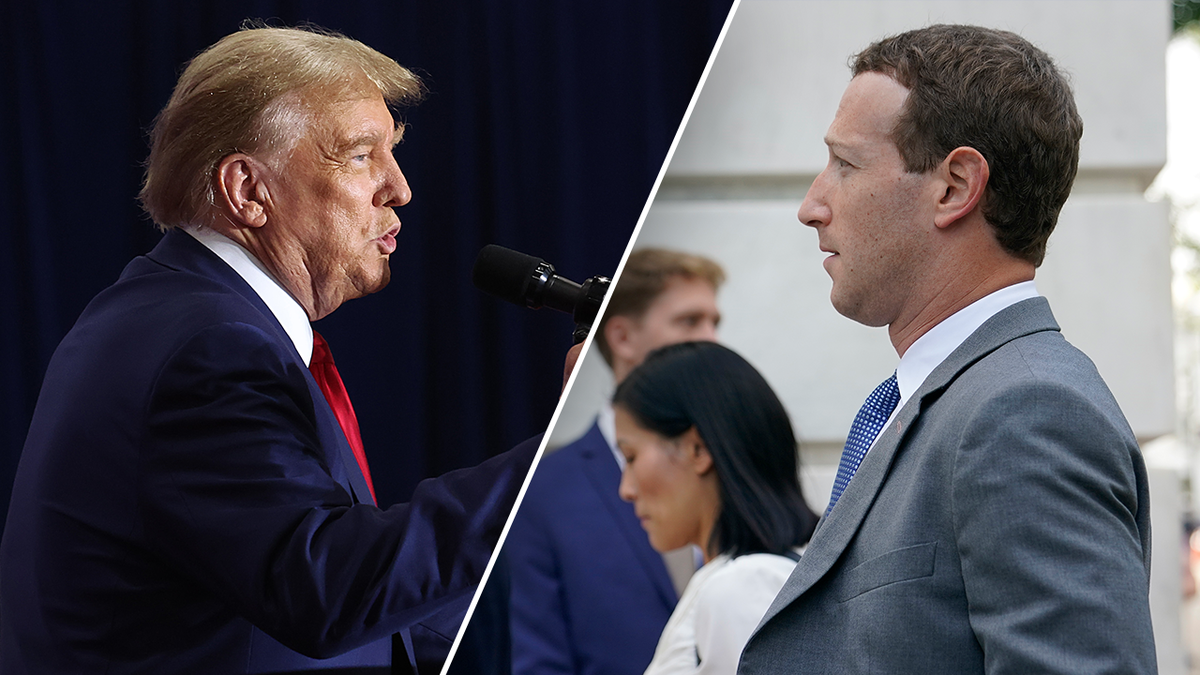
Meta expresses interest in working with the Trump administration. (Getty Images)
Several journalists formerly involved in Meta's fact-checking initiative have also voiced their disapproval. They argue that the decision is unrelated to free speech and that Meta, not the fact-checkers, held the ultimate authority over content removal. They maintain that their work adhered to principles of nonpartisanship and transparency, and they challenge the narrative that they introduced political bias.

